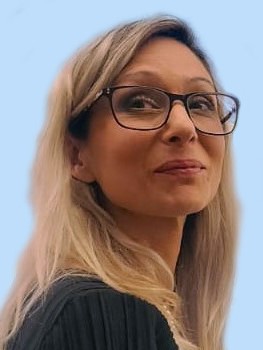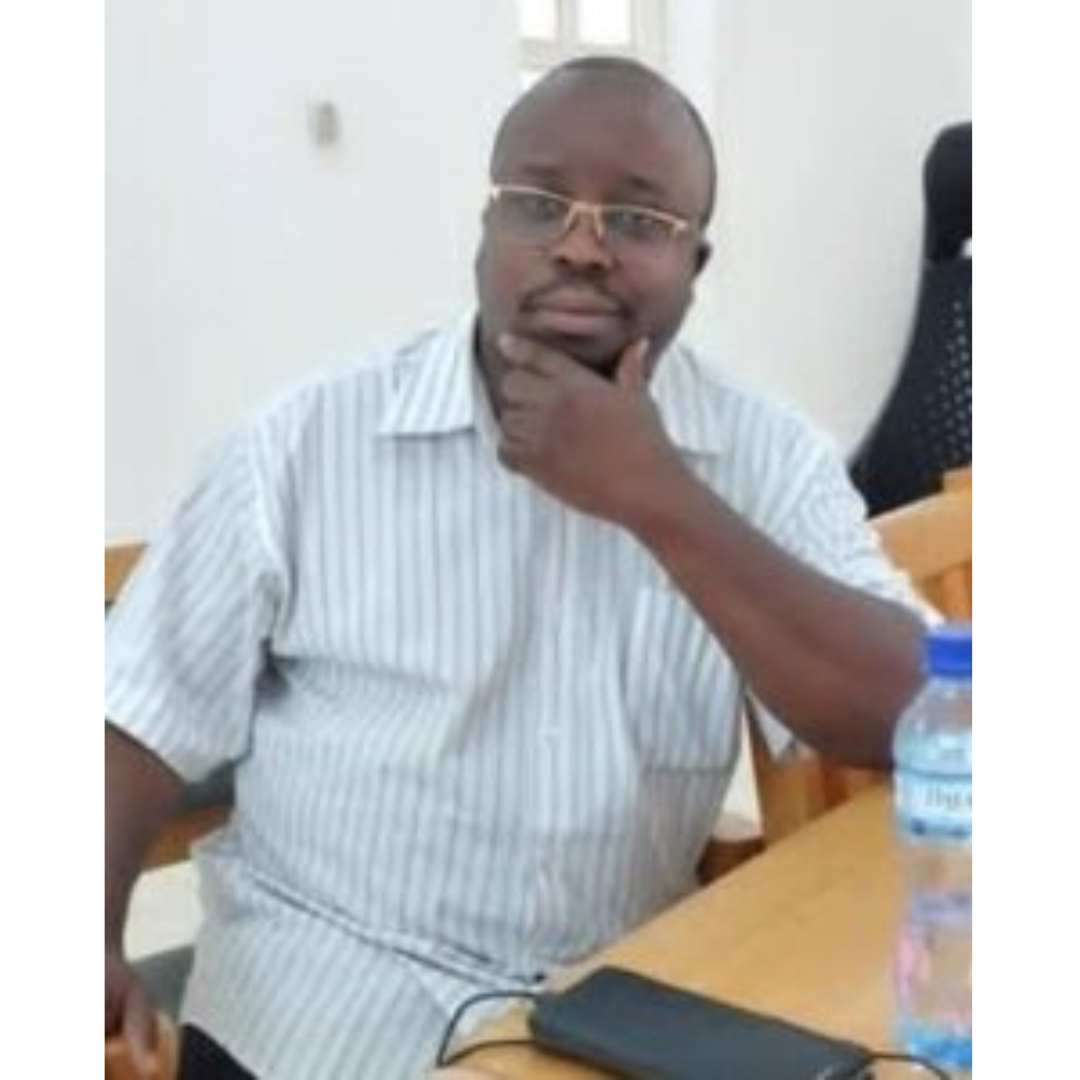
Dr. Alice Cruz
Program Advisor for Human Rights Issues
Sasakawa Leprosy (Hansen’s Disease) Initiative
Dr. Cruz held the mandate for United Nations Special Rapporteur on the elimination of discrimination against persons affected by leprosy and their family members from when it was first established by the Human Rights Council in 2017 until the end of her second three-year appointment in July 2023.
Being appointed as a United Nations Special Rapporteur is not only a great honor, but also evidence of the appointee’s willingness to serve on a voluntary basis those who experience injustice. Therefore, my first words to my successor go to congratulate them for having made the selfless decision to put their time at the service of the global agenda of human rights. Human rights are the ethics that bind peoples and nations from different backgrounds in a common desire to build a free and fair world. Despite criticism against human rights for supposedly having a specifically Western origin, human rights are based on a widely shared and deeply human sense that all people are born equal and that all people should enjoy peace, security, and dignity on equal terms. In a world ravaged by conflict, inequalities, and climate change, we need human rights more than ever.
However, too many people are being pushed behind. That is one of the reasons why implementing the mandate of the Special Rapporteur on the elimination of discrimination against persons affected by leprosy (Hansen’s disease) and their family members is a heavy responsibility in addition to being a deep honor. This mandate touches violations of nearly all civil, political, economic, social, and cultural rights. It also touches multiple intersections between discrimination against women, children, and older people and discrimination based on disability, race, and other grounds. And yet, this is a mandate that, in practice, struggles with limited support both from Member States and the administration of the human rights system. I have said many times that there was an active attempt to erase Hansen’s disease from history. In fact, forced segregation fits Article 7 of the Rome Statute of the International Criminal Court and might be interpreted as a crime against humanity (however controversial that may be). Nowadays, we live with the consequences of such active invisibilization of Hansen’s disease and the silencing of persons affected by it.
That is why, together with heartfelt congratulations to my successor, I send them my unshakable solidarity. One lesson I learned as the mandate holder is that there is a tendency to forget to care about the carer. Women from all over the world know this too well. So my first wish is that my successor can find a way to practice self-care while delivering the mandate and that they can build a network of caring people around them. And I know that this is possible. If they have the humility to understand that their role is only to bridge persons affected by Hansen’s disease with decision-makers and that the knowledge of persons affected is more important than any academic knowledge, my successor will discover how love is the only force capable of removing barriers. Persons affected by Hansen’s disease, if put at the center, will not only inspire and guide my successor, but also care for them.
It may be that Hansen’s disease was erased from history; it may be that the global human rights agenda tends to makes visible those issues that affect people with more bargaining power; it may be that due to systemic discrimination persons affected by Hansen’s disease don’t have access to opportunities and live in vulnerable situations; and it may be that they experience discrimination both in law and in practice. But the fundamental truth is that persons affected by Hansen’s disease have been raising their voices for decades; they are organized and lead change in their national and sub-national territories; they know what works for eliminating discrimination better than anyone; and they know the value of dignity like no one else. Aside from any advice regarding how to make international human rights law embodied on the lives of persons affected by Hansen’s disease (which my reports are full of), the best advice I can give my successor is this: be humble; be grateful; and reach out to those you committed to serve – not as beneficiaries of your work – but as the true owners of your mandate. The role of Special Rapporteur is ephemeral. The love you will receive, if you acknowledge the true owners of your mandate, is everlasting.
Editor’s note: On October 13, the United Nations announced that the new Special Rapporteur will be Dr. Beatriz Miranda Galarza of Ecuador. Dr. Cruz wrote this letter before the announcement.









